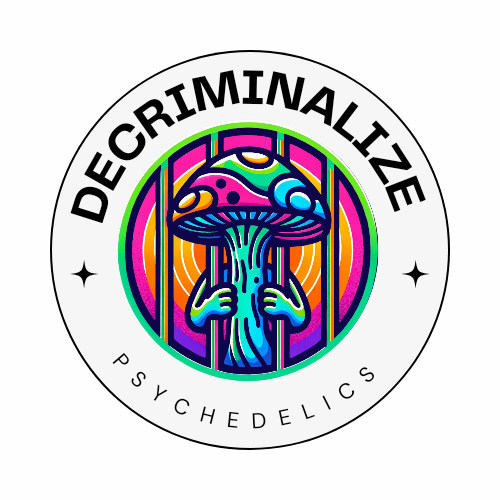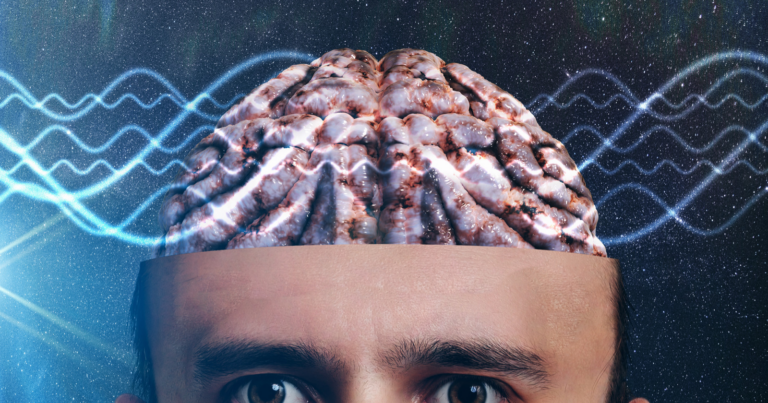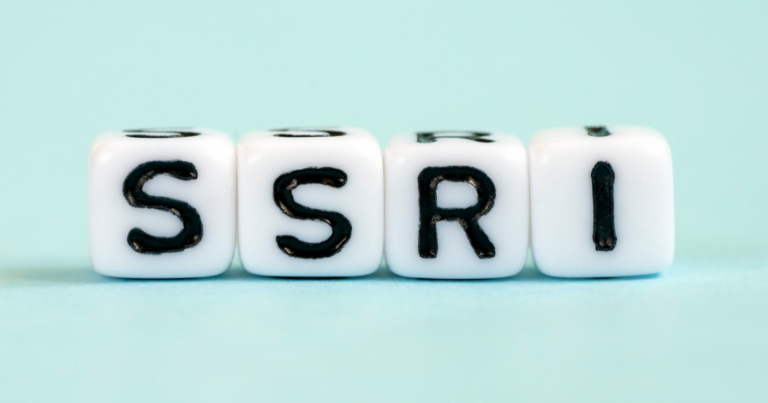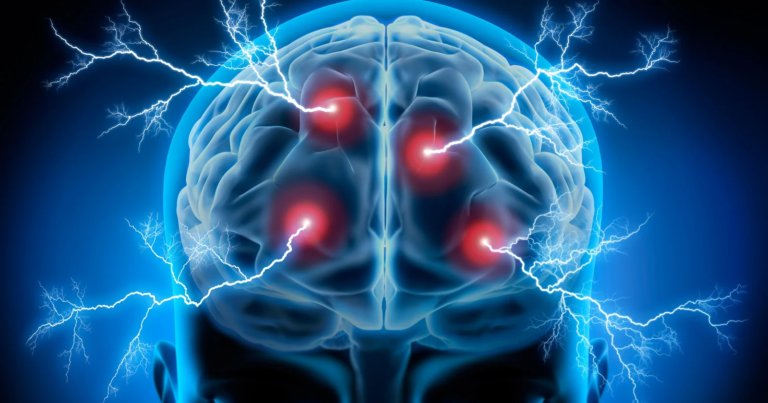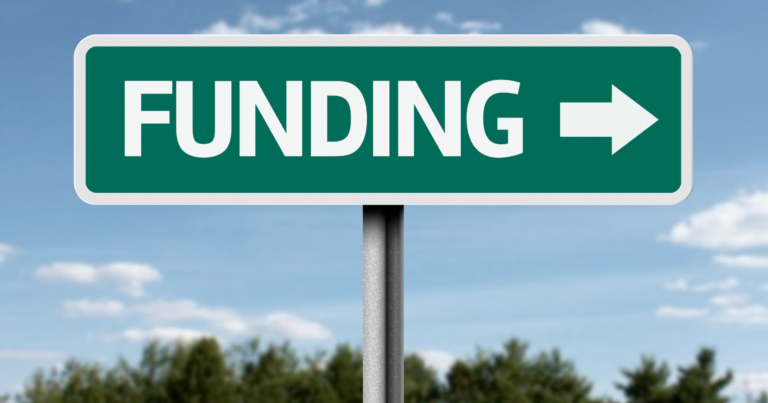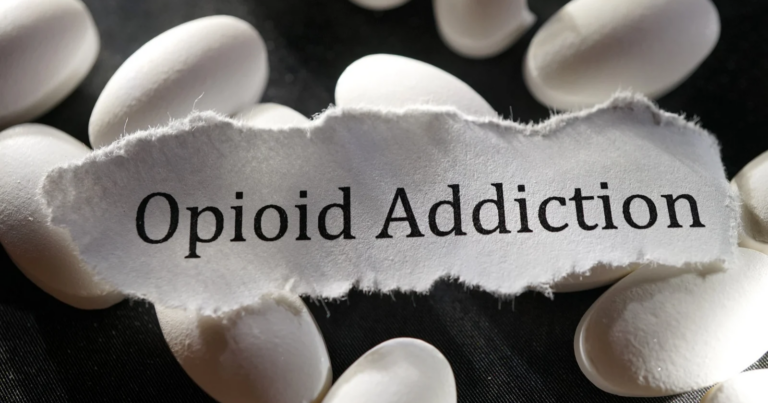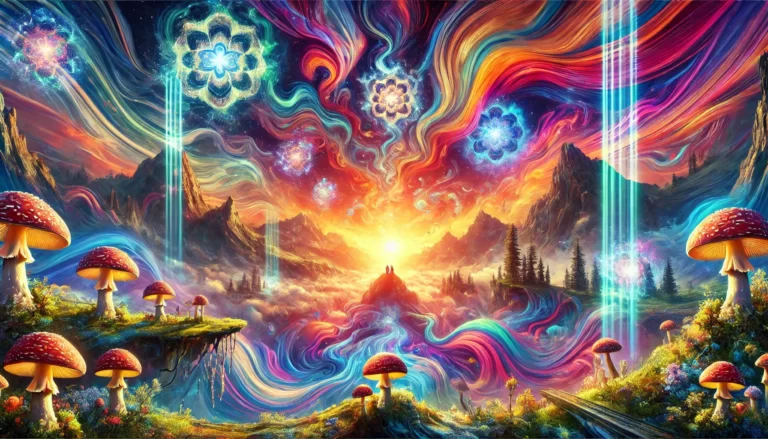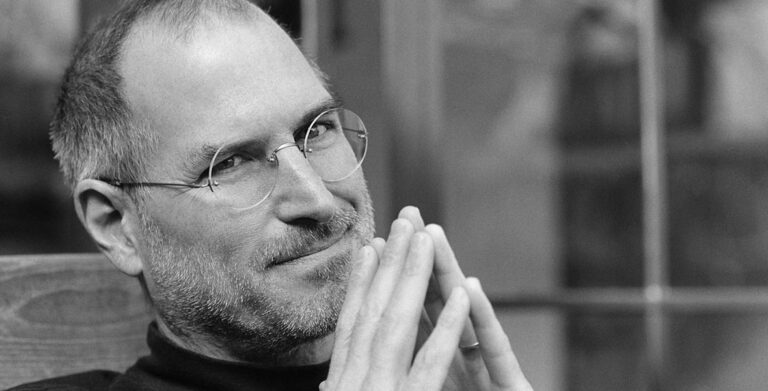You might have heard that Psilocybin microdosing and Benzodiazepines can support chronic anxiety relief.
But which is better?
One is a natural psychedelic; the other is a synthetic sedative.
Both have unique attributes regarding efficacy, side effects, and mechanisms of action.
Let’s compare them here – empowering your decision-making in choosing an anxiety management strategy that suits you best.
Understanding Psilocybin Microdosing
Psilocybin, a naturally occurring psychedelic compound found in certain mushroom species, has gained traction in recent years as a potential treatment for chronic anxiety.
Microdosing refers to the practice of consuming sub-perceptual doses of psilocybin, typically one-tenth to one-twentieth of a recreational dose.
This method is believed to offer the therapeutic benefits of psilocybin without inducing hallucinogenic experiences.
Studies suggest that psilocybin microdosing can potentially enhance mood, creativity, and overall psychological well-being.
But, it’s important to note that research in this area is still in its infancy and the long-term effects are not yet fully understood.
While promising, psilocybin microdosing should be approached with care and under the guidance of a healthcare professional if you’re considering it in your anxiety management strategy.
Exploring Benzodiazepines for Anxiety Relief
Benzodiazepines, on the other hand, are a class of synthetic drugs often prescribed for anxiety and panic disorders.
These medications, which include popular brands like Xanax and Ativan, work by enhancing the effect of the neurotransmitter GABA in the brain.
This results in sedative, hypnotic, and anti-anxiety effects.
Benzodiazepines have been proven effective in managing acute symptoms of anxiety.
However, they are not typically recommended for long-term use due to potential side effects such as dependence and withdrawal symptoms.
It’s also worth noting that these drugs don’t address the underlying causes of anxiety but rather alleviate its symptoms.
The choice of treatment between psilocybin microdosing and benzodiazepines can depend on various factors, including the severity of your anxiety, your overall health condition, and your personal preference.
Always remember to consult with a healthcare professional before making any decisions about your treatment plan.
Efficacy and Side Effects
Comparing the efficacy and side effects of both treatments is crucial in understanding their potential for chronic anxiety relief.
Psilocybin microdosing is often associated with improvements in mood, creativity, and psychological well-being.
But, it can also lead to some side effects like nausea or discomfort.
The long-term effects of psilocybin microdosing are not yet fully understood due to the recentness of research in this area.
Benzodiazepines, while proven effective for acute anxiety symptoms, come with a risk of dependence and withdrawal symptoms, especially with long-term use. Some common side effects include drowsiness, dizziness, and memory problems.
An example to consider would be a patient who begins benzodiazepine treatment for acute anxiety symptoms but finds themselves unable to discontinue use due to withdrawal symptoms.
This highlights the importance of discussing potential side effects and risks with a healthcare professional before starting any new treatment regimen.
Choosing your Path to Relief
As you navigate your options for chronic anxiety relief, remember that everyone responds differently to treatments.
What works best for others may not be effective for you.
For some, the natural approach of psilocybin microdosing brings much-needed relief and a sense of enhanced well-being. However, others may find greater relief from the quick-acting and proven efficacy of benzodiazepines.
Together with your healthcare provider, you can weigh the potential benefits against the possible risks of each treatment. Consider factors like:
- Your overall health condition
- The severity of your anxiety symptoms
- Your personal preferences and lifestyle
Your path to chronic anxiety relief is a personal journey, and this comparison between psilocybin microdosing and benzodiazepines aims to enlighten you as you make your decision.
Keep in mind that a multifaceted approach, which could include therapy, lifestyle changes, and other wellness practices, often works best when managing chronic anxiety.
Embracing a Holistic Approach
While we discuss the potential benefits and drawbacks of psilocybin microdosing and benzodiazepines for chronic anxiety relief, it’s crucial to remember that medication is just one piece of the puzzle.
As we walk on this journey together, let’s not forget the importance of a comprehensive, holistic approach to mental wellness.
Therapy, lifestyle changes, mindfulness practices, and support networks all play significant roles in managing chronic anxiety.
Medication can assist in the process, but it likely won’t be the complete solution.
I encourage you to explore various tools and resources available to you and find a mix that works best for your unique needs.
Every step you take toward understanding and managing your anxiety is a victory.
Remember, it’s about progress, not perfection. Take one day at a time, be patient with yourself, and know that it’s okay to ask for help when you need it.
Reflections on your Path to Relief
Choosing a treatment for chronic anxiety is a deeply personal decision.
Both psilocybin microdosing and benzodiazepines offer different paths with unique benefits and challenges.
While the former presents a natural, psychedelic approach, the latter provides a quick-acting, medically approved route.
It’s crucial to consult with a healthcare professional before embarking on any new treatment regimen.
They can help you weigh the potential benefits against the possible risks of each treatment.
Your overall health condition, severity of your anxiety symptoms, and personal lifestyle are all factors that can influence this decision.
Remember, your path to relief is not a one-size-fits-all journey.
It’s about finding what works best for you.
Whether that’s through medication, therapy, lifestyle changes, or a combination of these, every step you take towards understanding and managing your anxiety is significant.
Keep exploring, keep learning, and most importantly, be patient with yourself on this journey towards greater mental wellness.
